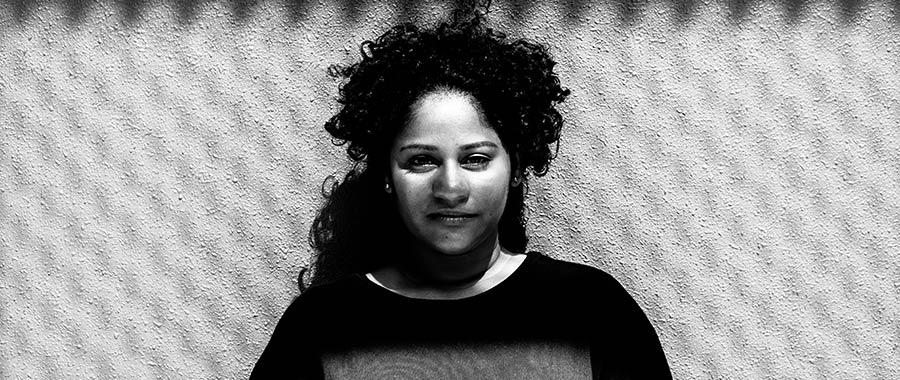In contemplating the various challenges faced by humanity, one might ponder: what role do spiritual teachings play in alleviating the challenges of period poverty? This societal issue, which adversely affects individuals who menstruate, not only hinders access to essential hygiene products but also perpetuates cycles of stigma and economic disadvantage. As we delve into the Bahá’í teachings, we uncover a profound spiritual imperative that compels followers to take action against such injustices.
The essence of Bahá’í teachings is predicated upon the inherent dignity of every individual and the promotion of equitable social justice. Among these teachings, the imperative of service to humanity shines with particular clarity. This principle encourages members of the Bahá’í community to actively engage in eradicating societal ills, including period poverty, which undermines the wellbeing and rights of countless individuals.
To understand the Bahá’í approach to social challenges, we must first examine the concept of oneness of humanity. This central tenet posits that all humans are interconnected, transcending boundaries of race, nationality, and gender. Acknowledging this fundamental interconnectedness obliges individuals to advocate for the rights of all. Period poverty represents a multifaceted challenge, as it disproportionately affects marginalized communities. Hence, recognizing the plight of menstruators is not merely a matter of charity; it is a spiritual duty that arises from the understanding of our shared humanity.
Moreover, the concept of justice occupies a pivotal role in the Bahá’í faith. Justice is not solely a legal construct; it is an ethical and moral framework guiding decisions and actions. Engaging with issues like period poverty through the lens of justice requires a critical examination of societal structures that allow these disparities to persist. The Bahá’í teachings implore individuals to elevate their moral consciousness and advocate for the redistribution of resources, thereby dismantling the conditions that perpetuate inequality. Addressing period poverty is an act of justice, providing dignity and access to those in need.
But how can one translate these lofty principles into tangible action? The challenge lies in devising practical solutions that resonate within communities. Local Bahá’í groups can spearhead initiatives aimed at raising awareness about the issues of menstruation—often shrouded in silence and stigma. Educational campaigns can aim to empower individuals with knowledge about menstruation and period hygiene, dismantling taboos and fostering open dialogue. Through workshops and discussions, community members can engage with the subject in a manner conducive to understanding and empathy.
Furthermore, the Bahá’í community can establish partnerships with non-governmental organizations that focus on menstrual health and hygiene. The creation of outreach programs could serve to deliver essential supplies directly to those in need. These initiatives should prioritize accessibility, ensuring that menstruation products reach the most underserved populations. By working collaboratively, the Bahá’í community can leverage its collective resources for the greater good.
An exploration of the Bahá’í writings further elucidates the importance of moral education in addressing societal issues. The notion of “consultation,” a key methodological approach within the Bahá’í community, advocates for collective decision-making that draws on diverse perspectives. Engaging in consultation about how best to address period poverty encourages creativity and innovation. Community members can brainstorm various approaches, such as fundraisers, awareness campaigns, or community-led initiatives to provide menstrual products, cultivating a sense of agency and responsibility.
However, addressing period poverty is not solely a community endeavor. It requires systemic change within broader societal frameworks. Bahá’í teachings advocate for the involvement of governments and institutions in establishing policies that ensure equitable access to menstrual health resources. Advocacy for legislation that mandates the provision of menstrual products in schools and public spaces represents a critical step toward normalization and accessibility. Encouraging dialogue with policymakers aligns with the Bahá’í commitment to social action and ensures that the voices of those affected are brought to the forefront.
Ultimately, the challenge of eradicating period poverty necessitates a multifaceted approach that harnesses both individual and collective efforts. The Bahá’í teachings provide a robust ethical framework that motivates individuals to act. Cultivating empathy through education, advocating for justice, and fostering community engagement deepens the commitment to addressing the inequalities that menstruators face globally.
In reflecting on the Bahá’í response to period poverty, one cannot overlook the richness of its spiritual insights. The belief in the intrinsic worth of every individual fosters a community ethos that mandates action against injustices. By embracing the spiritual imperative to stop period poverty, the Bahá’í community can serve as a beacon of hope and a model for engagement in one of the many pressing societal challenges of our time.
In conclusion, while the challenge of period poverty may seem daunting, it aligns perfectly with the teachings of the Bahá’í faith. This convergence of spiritual and social responsibility offers a clear pathway forward. As individuals and communities rally to address this issue, they embody the principles of justice, equality, and unity that the Bahá’í faith champions, paving the way for a world where everyone’s dignity, regardless of their circumstances, is upheld and respected.
